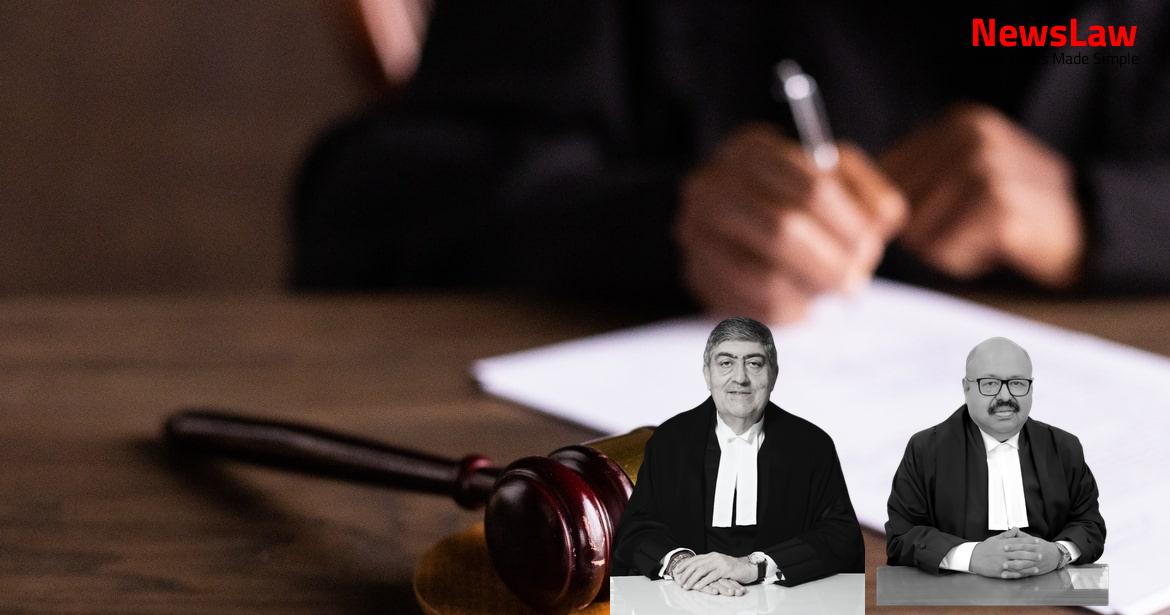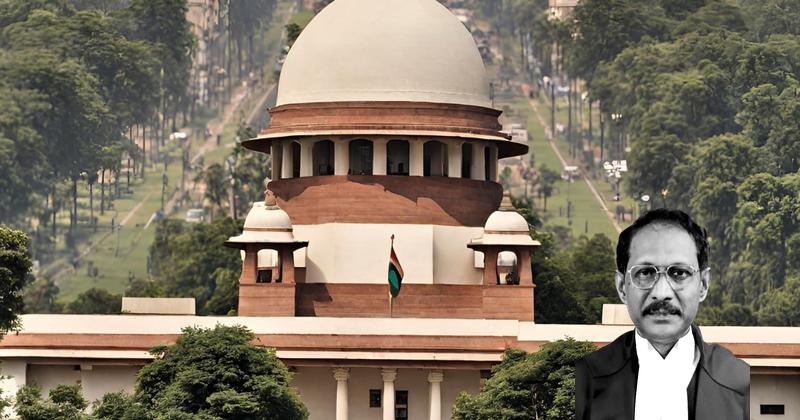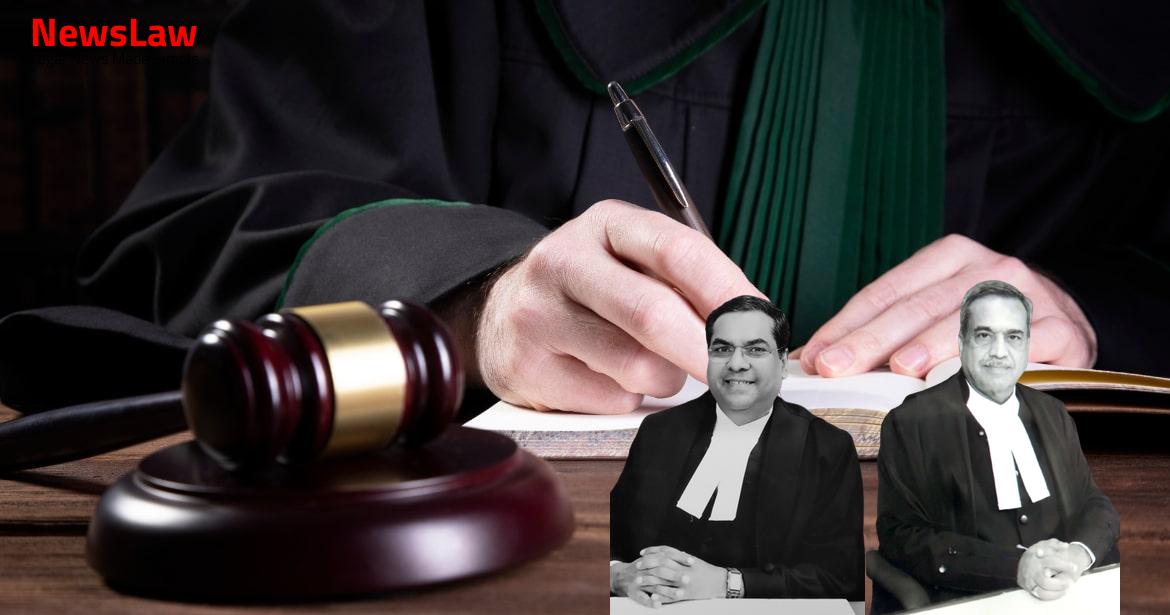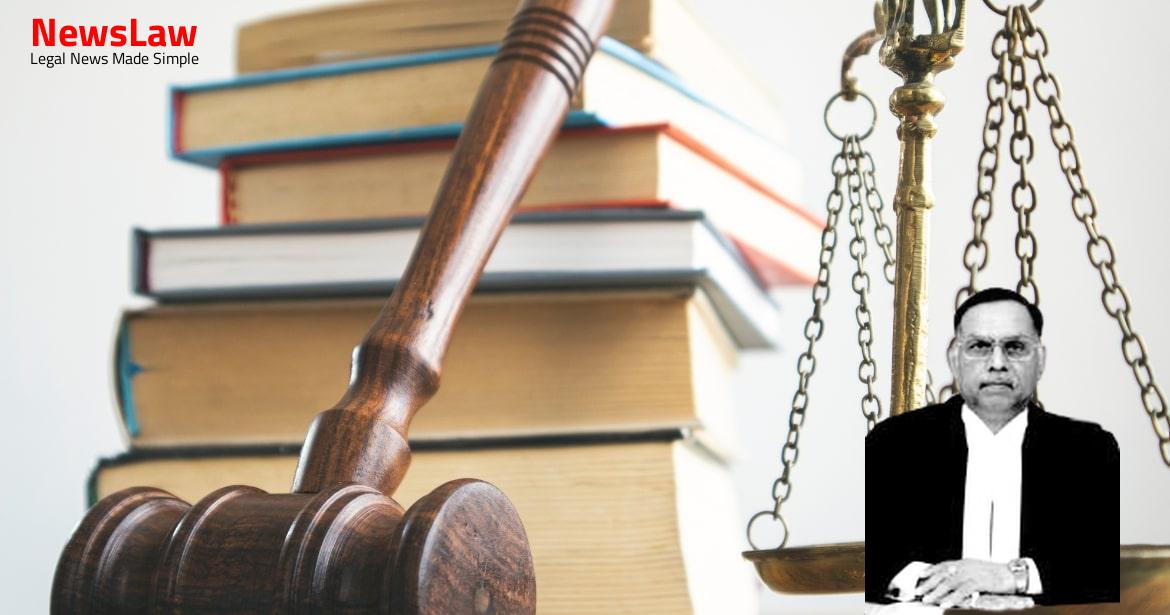Explore the critical aspect of judicial restraint and the legal evaluation of adverse remarks in court orders. The case delves into the necessity of maintaining decorum and avoiding unsavory comments in judicial judgments. Upholding established norms of judicial propriety, the court’s analysis focuses on the impact of unnecessary remarks on the parties involved. Follow along to delve deeper into the significance of judicial respect and restraint in legal proceedings.
Arguments
- The appellant, represented by Mr. Mukul Rohatgi, is a practicing lawyer with 17 years of experience in the High Court of Uttarakhand.
- The appellant is seeking to expunge certain remarks made against him by a judge of the High Court in four cases where he represented a party.
- The appellant argues that the remarks were unwarranted and may have stemmed from personal prejudice as the judge and appellant were rival counsel in past cases.
- Citing State of U.P. vs Mohammad Naim, Mr. Rohatgi states the tests for expunging disparaging remarks against a person, emphasizing that the remarks were made without notifying the appellant or giving him a chance to defend himself.
- The appellant contends that the remarks were unnecessary for the cases’ adjudication.
- The remarks reflected negatively on the appellant’s professional reputation and were deemed unfounded given his otherwise unblemished record.
- The appellant’s counsel submitted a letter stating that the petition aims solely at expunging the remarks and does not seek relief against any defendants.
Also Read: Supreme Court Judgment on Single Till Mechanism for HRAB Calculation: A Comprehensive Analysis
Analysis
- It is crucial to avoid unsavory remarks in judicial orders as per established norms of judicial propriety.
- Judicial orders are for permanent record, making self-restraint in exercise of judicial power essential.
- Judicial respect and restraint are necessary qualities for judges to command respect.
- Even in cases of justified criticism, language employed must be of utmost restraint.
- Avoiding bitterness and unnecessary remarks on counsel conduct is vital for effective adjudication.
- Judges should exercise restraint to protect the independence of the judiciary.
- The principle of recording adverse remarks as laid down in Mohammed Naim (Supra) has been upheld in subsequent decisions since 1964.
- The offending comments in the High Court judgments were deemed unnecessary and based on the personal perception of the learned Judge.
- Leaving the comments unexpunged would unfairly burden the Appellant with lasting repercussions.
- The remarks were considered to lack the required restraint and sobriety in such situations.
- The adverse remarks were found to be neither essential for the case’s resolution nor integral to the judgment.
- Justice C.K. Thakker directed deletion of the remarks due to being unnecessary and not part of the judgment.
- The lack of opportunity for the Appellant to be heard before recording adverse comments was seen as a violation of the principle of audi alteram partem.
- The recorded remarks have cast aspersions on the professional integrity of the appellant.
- The learned Judge did not provide the Appellant with a chance to explain before recording the adverse comments.
- The appellant was not given the opportunity to explain or defend his conduct.
- The comments made by the judge were unnecessary for the decision of the Court.
- The offending remarks against the appellant should not have been recorded in the manner they were.
- The offending remarks should be recalled to prevent harm to the appellant’s reputation and work as a member of the Bar.
Decision
- The extracted remarks in paragraphs 4, 5, 6, and 7 of the judgement have been ordered to be expunged.
Also Read: Selection and Appointment of Judicial Officers in Himachal Pradesh
Case Title: NEERAJ GARG Vs. SARITA RANI (2021 INSC 370)
Case Number: C.A. No.-004555-004559 / 2021



